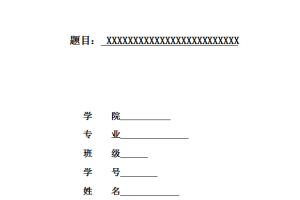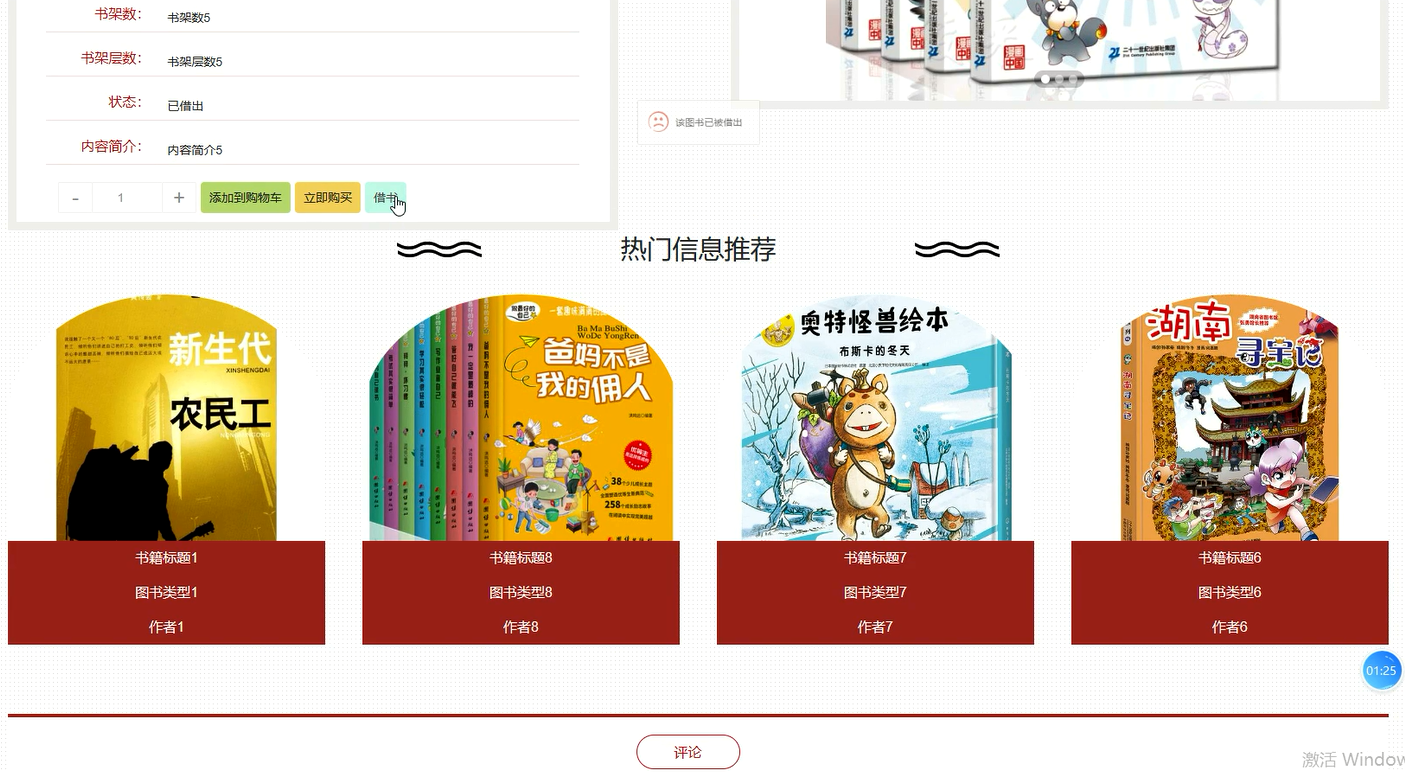宗教文化与旅游
宗教文化是民族文化的组成部分,同时也是世界文化的组成部分。各种宗教从起源到现在有着数千年的历史,对世界的发展发挥着积极的作用。随着东西方文化交流的增多,许多宗教信徒也加入其中,宗教信众的进香、拜佛、朝觐活动产生了巨大的旅游流,同时,宗教建筑、雕塑、宗教活动等也强烈地吸引着非信众的普通游客。在一定条件下,宗教文化可以转化为文化旅游资源,旅游业在一定程度上促进宗教文化的发展及传播。如何处理好宗教文化与旅游业的关系在当今社会发展中极其重要。本文在理论研究的基础上,剖析了我国发展宗教文化旅游所存在的优势与劣势以及所面临的机遇与威胁,并进行了深入的发展战略分析,提出了宗教文化旅游产品的开发原则和假设,最后对其进行市场定位和目标市场选择,拟定市场促销开发策略。文章从宗教文化旅游资源整合、旅游产品创新、客源市场开拓、宗教文化旅游专业人才培养以及景区生态可持续发展方面均提出具体措施。最后,总结了本文的研究成果,指出了研究的不足和缺陷,并展望了进一步的研究方向。
关键词:宗教文化;旅游;对策
Religious culture is the national culture constituent, simultaneously also is a world culture part. Various religions from beginning to now has a history of thousands of years, the development of the world plays an active role. As the East-West cultural exchanges increased, many religious believers joined them, religious congregations, Buddha, Hajj pilgrimage activity generated huge tourist flow, at the same time, religious architecture, sculpture, and other religious activities are strongly attracted non believers of the ordinary tourists. Under certain conditions, the religious culture can be transformed into cultural tourism resources, tourism industry to a certain extent, promote the development of religious culture and communication. How to deal well with the relationship between religion culture and tourism in the development of society is very important. On the basis of the theoretical research, analysis of China’s development of religious culture tourism has advantages and disadvantages as well as opportunities and threats, and has carried on the deep development strategy analysis, put forward the religious cultural tourism product development principles and assumptions, the last of its market positioning and selection of target market, develop the market marketing development strategy. The article from the religious and cultural tourism resources, tourism product innovation, market development, religious and cultural tourism professional talents cultivation and landscape ecology sustainable development are put forward specific measures. Finally, this thesis summarizes the research results, the study pointed out the deficiencies and defects, and prospects the further research direction.
Key words: religious culture; tourism; countermeasure
目 录





